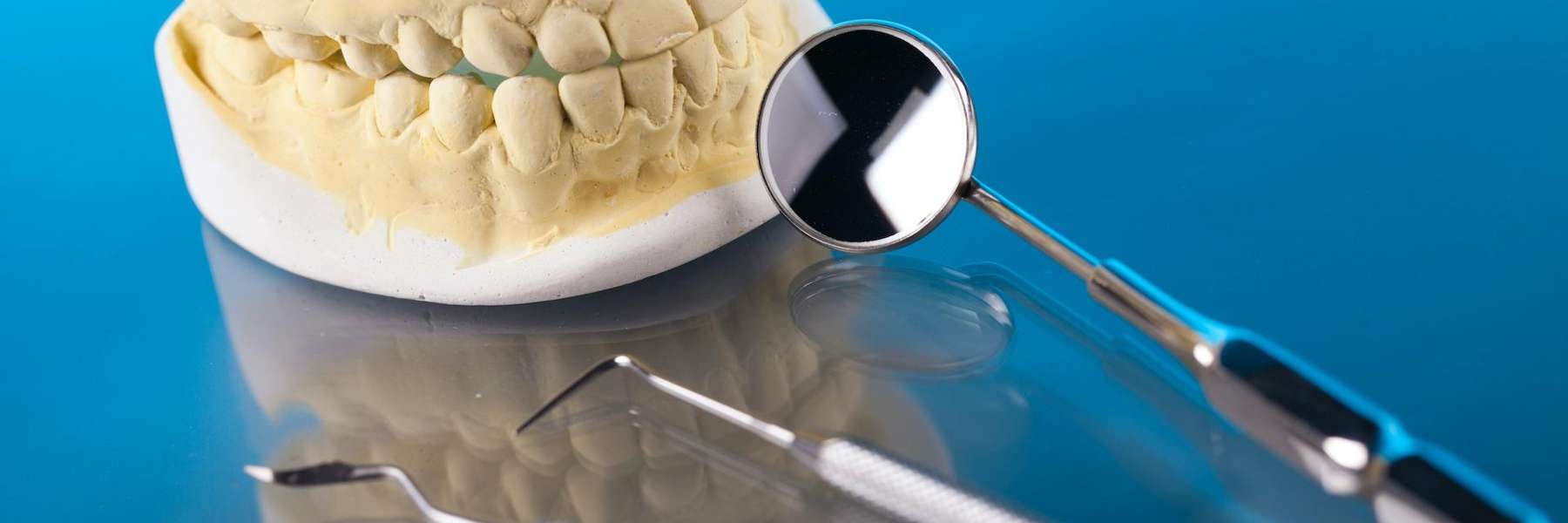
For some people, dental procedures are accompanied by anxiety or fear. It does not need to be this way. And thanks to sedation dentistry, everyone can approach upcoming dental procedures free from nerves, anxiety, and fear.
What Is Sedation Dentistry?
Most dental procedures don’t require total unconsciousness with a general anesthetic. Thus, patients are typically awake and conscious during their procedures. As a result, a vital part of a dentist’s role in many dental procedures is ensuring that a patient is comfortable, relaxed, and free from pain and anxiety.
This begins with a warm, welcoming human touch rooted in kindness and empathy. However, for many patients, it takes more good vibes to keep pain and anxiety away. This is where sedation dentistry comes in!
Sedation dentistry refers to the use of sedating medication to help patients feel comfortable, pain-free, and stress-free during invasive or complex dental procedures. These medications are administered in various ways, with the sedation technique used depending on the patient's preferences and the length and complexity of the procedure to be performed.
What Sedation Options Are Available to You?
It's essential to know the potency and possible effects of the sedation methods available at your dentist's office. Based on a person’s anxiety level and the required procedure, these can be mild or relatively heavy. Here are three non-general sedation methods commonly used in dentistry:
- Nitrous Oxide (or “laughing gas”) – Nitrous oxide is administered through a mask over the face. It induces relaxation and reduces sensations of pain during minimally invasive procedures.
- Oral Sedatives – Prescription oral sedatives like Valium and Halcion, which are more potent than nitrous oxide, are meant to be taken by a patient in the hours leading up to a procedure.
- Intravenous (or “IV”) Sedation – “IV sedation” refers to the administration of sedative drugs directly into the patient’s bloodstream. IV sedation produces a deep feeling of relaxation that’s helpful during invasive procedures like root canals and tooth extractions. IV sedation can leave patients groggy and with little memory of their procedure.
Effective and Anxiety-Free Dental Care in Chesterfield, MO
If you’re in Chesterfield and want to learn more about sedation dentistry’s potential role in turning your dental visits into a stress-free experience, contact Dr. Scott Mahlin and the friendly and knowledgeable Clarkson Dental Group team to schedule a consultation!
